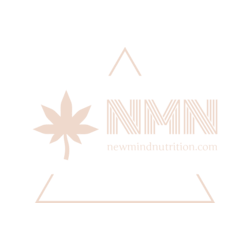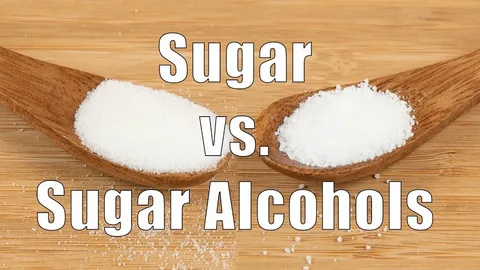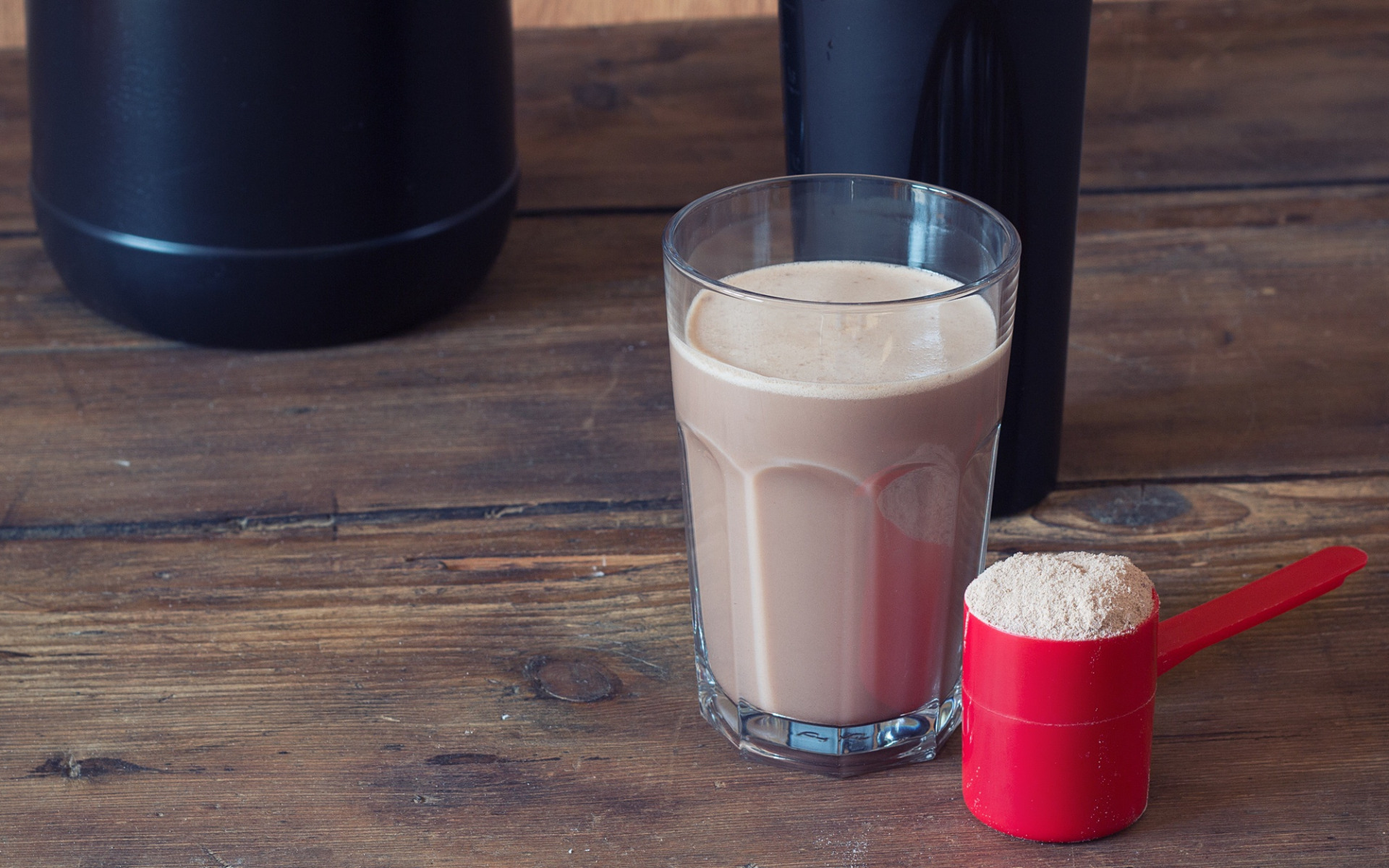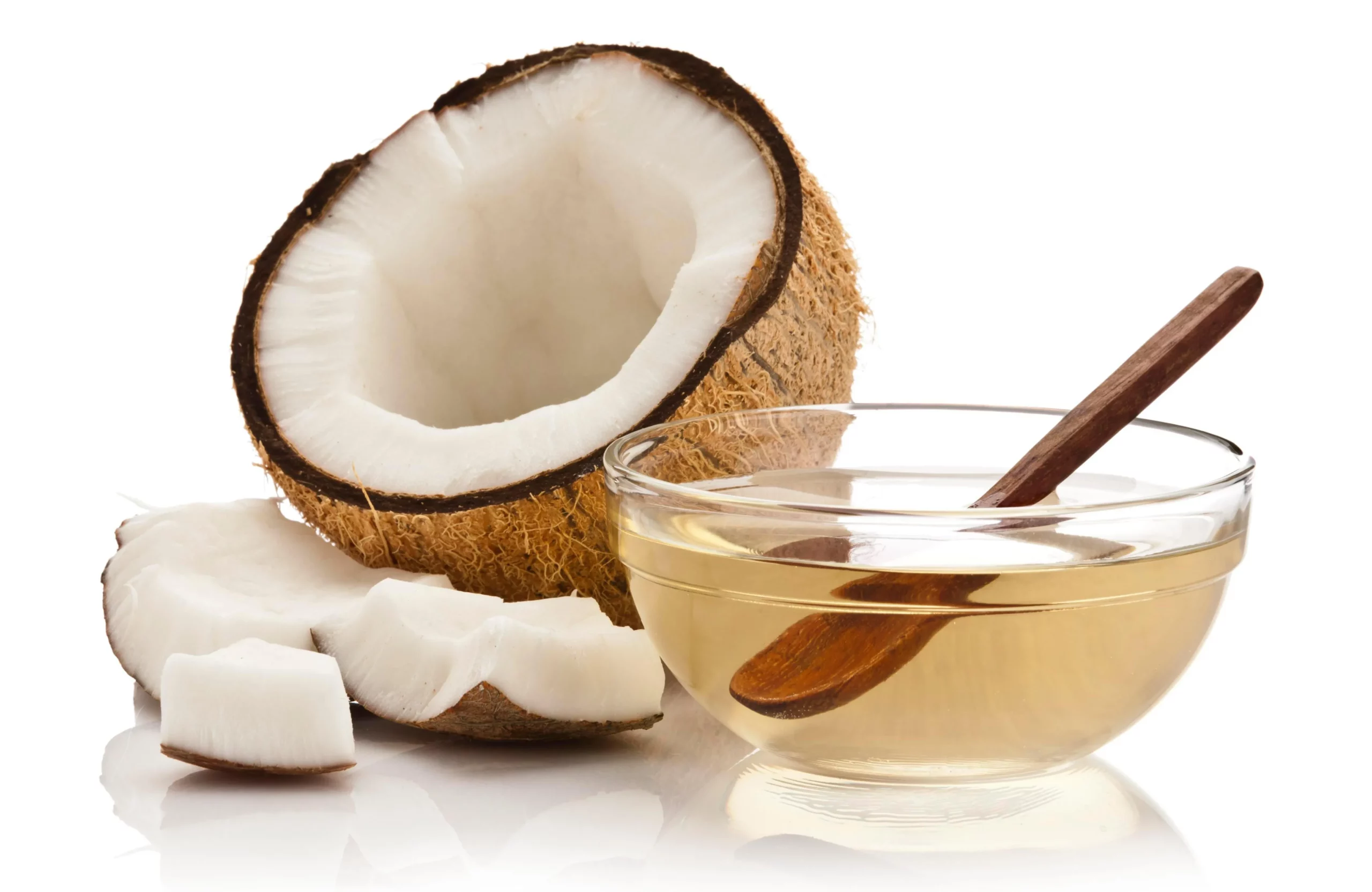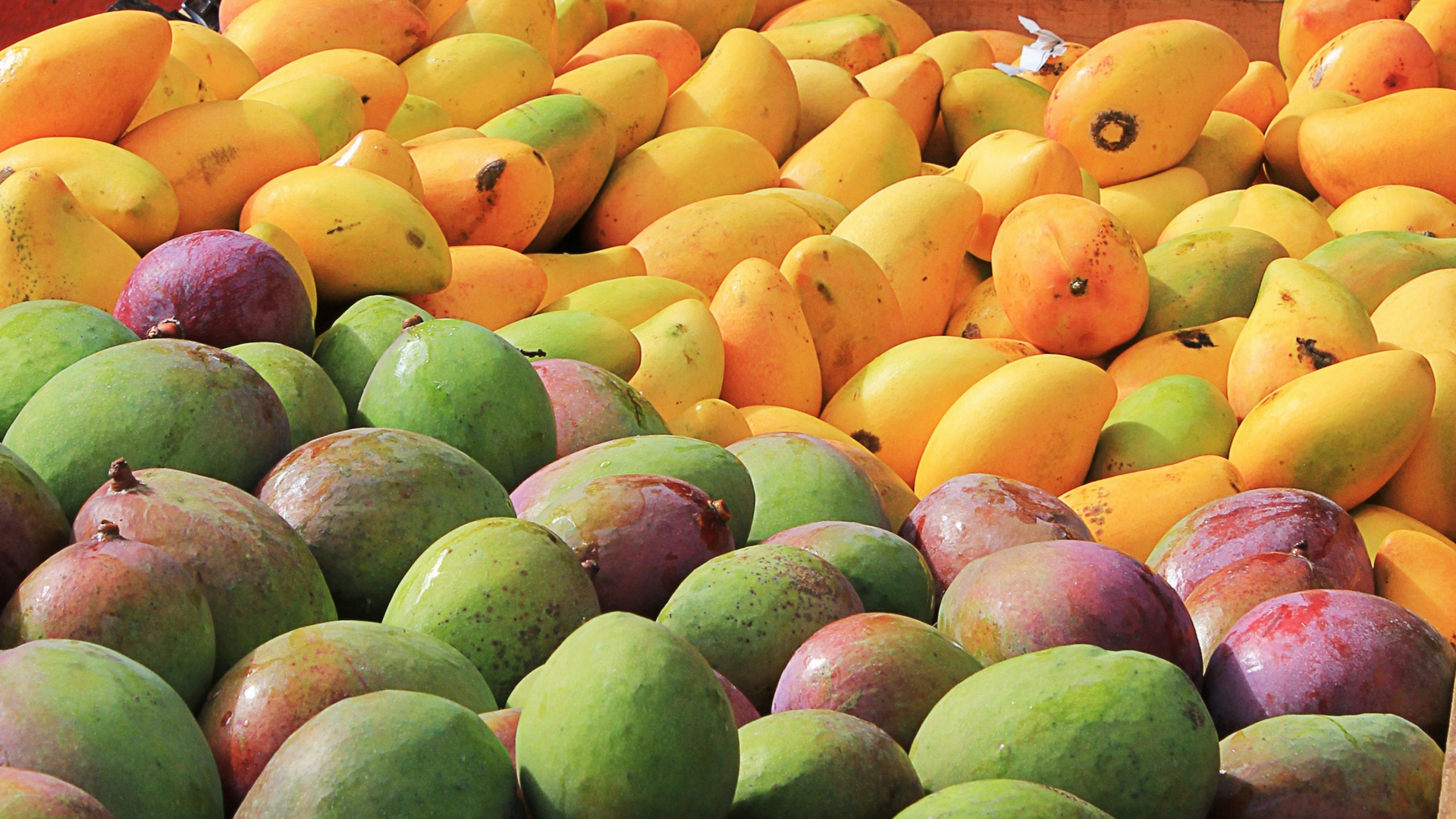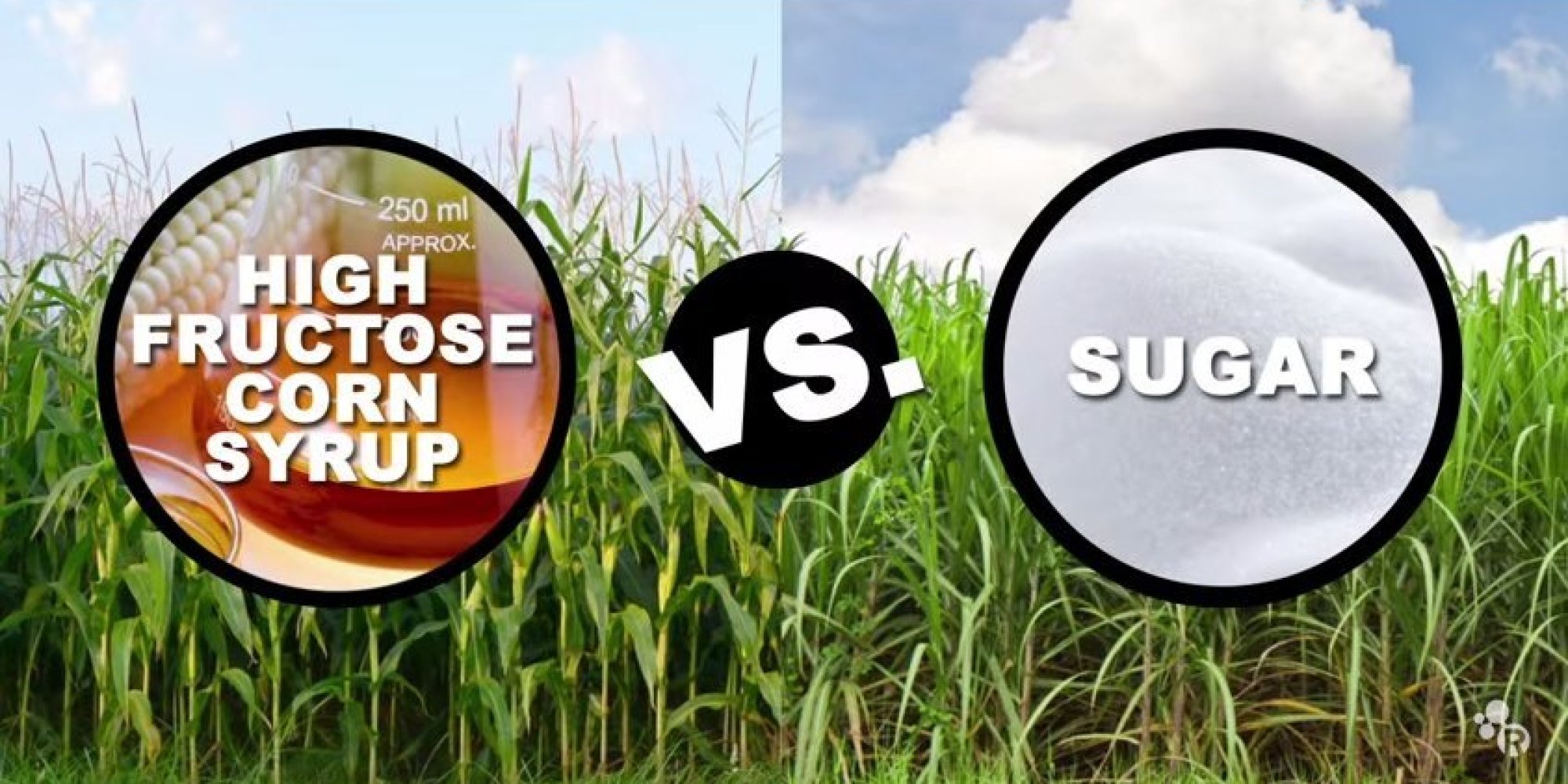Introduction to Sugars and Sugar Alcohols
Sugars are naturally occurring carbohydrates found in various foods, including fruits, vegetables, and dairy. Common examples include glucose, fructose, and sucrose. They are well-known for their role in providing energy but are also linked with several health issues when consumed excessively.
Sugar alcohols, despite the name, are neither sugars nor alcohols in the traditional sense. They are a type of carbohydrate called polyols, used as low-calorie sweeteners in many processed foods and beverages. Common sugar alcohols include xylitol, erythritol, sorbitol, and mannitol.
The Chemical Differences
Sugar
Sugars are simple carbohydrates, easily broken down by the body to release energy.
Molecularly, they can be monosaccharides like glucose and fructose (single molecule sugars) or disaccharides like sucrose (two molecules joined together).
Sugar Alcohol
Sugar alcohols are hybrids of sugar molecules and alcohol molecules but don’t contain ethanol, which is found in alcoholic beverages.
They are typically less sweet than sugar and have a similar molecular structure but with an added alcohol group, which prevents them from being fully absorbed by the body, thus reducing their caloric contribution.
Sources and Uses
Sugar
Derived from sugarcane, sugar beets, and other natural sources.
Used ubiquitously in cooking and baking, and as an additive in countless processed foods for flavor enhancement.
Sugar Alcohol
Naturally found in small amounts in fruits and vegetables.
Commonly used in sugar-free and reduced-calorie products, such as gum, candy, ice cream, and diabetic-friendly foods.
Impact on Health
Sugar
Consuming high amounts of sugar can lead to weight gain, tooth decay, diabetes, and heart disease.
It impacts blood sugar levels dramatically, which can lead to spikes and crashes in energy levels and insulin response.
Sugar Alcohol
Sugar alcohols have a lower calorie count per gram compared to sugars (about 1.5-3 calories per gram for sugar alcohols vs. 4 calories per gram for sugar).
They have a minimal impact on blood sugar levels, making them a safer choice for diabetics.
However, excessive consumption can lead to digestive issues like bloating, gas, and diarrhea due to their partial non-absorbability.
Benefits Over Each Other
Sugar
Provides quick energy.
Enhances flavors in food preparation.
Offers better baking characteristics for texture and color in baked goods.
Sugar Alcohol
Reduces calorie intake.
Minimizes the risk of cavities and tooth decay compared to sugar.
Better for blood glucose management, beneficial for people with diabetes or those on low-carb diets.
Safety and Regulatory Status
Both sugar and sugar alcohols are generally recognized as safe (GRAS) by the FDA. However, the intake of sugar alcohols should be moderated due to their laxative effect and potential digestive system discomfort if consumed in large amounts.
Environmental Impact
The production of sugar, particularly from sugarcane, has significant environmental impacts, including land use changes, water consumption, and pollution. The production of sugar alcohols is generally less intensive but still carries environmental footprints associated with agriculture and chemical processing.
Consumer Preferences and Trends
Consumer demand for low-calorie and diabetic-friendly products has led to increased use of sugar alcohols in food products. However, there is also a growing movement towards reducing processed foods and additives, which influences some to prefer natural sugars in moderation over sugar alcohols.
FAQs about Sugar and Sugar Alcohol
Can sugar alcohols cause weight gain?
Sugar alcohols contain fewer calories than regular sugar and do not cause a significant insulin response, so they are less likely to contribute to weight gain when used in moderation.
Are sugar alcohols safe for children?
Yes, sugar alcohols are safe for children but should be consumed in limited quantities to avoid digestive issues.
Can I cook and bake with sugar alcohols as I would with sugar?
Yes, sugar alcohols can generally be used in cooking and baking, but they may not provide the same texture or browning effects as sugar. Some also have a cooling effect on the palate, which might not be desired in all recipes.
Do all sugar alcohols have the same effect on blood glucose levels?
No, different sugar alcohols can have varying impacts on blood glucose levels. For example, erythritol has almost no impact, whereas maltitol can have a higher glycemic response.
Are there any sugar alcohols that I should avoid if I have a sensitive stomach?
Individuals with sensitive stomachs may want to avoid sorbitol and mannitol, which are more likely to cause digestive issues than other sugar alcohols like erythritol.
How do sugar alcohols affect dental health?
Sugar alcohols do not contribute to tooth decay as sugars do, making them a healthier choice for dental health.
Is there a nutritional advantage to using natural sugars over sugar alcohols?
Natural sugars offer quick energy and are sometimes accompanied by nutrients if derived from natural sources like fruits. However, for caloric control and dental health, sugar alcohols may be preferable.
Conclusion
Both sugar and sugar alcohols have their places in dietary considerations, depending on individual health goals, dietary needs, and preferences. Understanding their differences and effects can help you make better choices about sweetening your foods and managing your overall health.
- Mangoes: Are They Healthy? - April 22, 2024
- Sugar vs. Sugar Alcohol: What the Difference? - April 22, 2024
- The 10 Best Low Carb, Keto-Friendly Protein Powders - April 22, 2024
